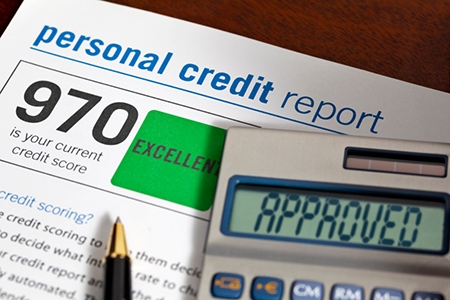Fast and Easy Ways to Improve Your Credit Within Months

Fast and Easy Ways to Improve Your Credit Within Months
Improving your credit score can take a few months. So if you’re looking to get an auto or home loan, or want to apply for a new credit card, an early start can give you time to raise your credit score and then get a loan or new credit card at a better interest rate.
Here are some ways to improve your credit within a few months:
Pay your bills on time
Payment history is the most important factor in FICO scores, accounting for up to 35 percent of a credit score. Paying your bills on time — from credit cards to utility bills — can help a lot.
Payment history is the most important factor in FICO scores, accounting for up to 35 percent of a credit score. Paying your bills on time — from credit cards to utility bills — can help a lot.
Late payments stay on a credit report for seven years. The longer ago they happened, the less they affect credit scores. If a bill goes unpaid long enough the debt can be sold to a collection agency, which will be reported to credit bureaus.
Set up online alerts when a bill is due, look at your balances online and set automatic payments for a credit card.
Low credit utilization rate
Keeping a low balance lowers your credit utilization rate, which is the amount of credit you’re using. Also called credit usage, it is the second most important factor in credit scores and accounts for 30 percent of a score.
Keeping a low balance lowers your credit utilization rate, which is the amount of credit you’re using. Also called credit usage, it is the second most important factor in credit scores and accounts for 30 percent of a score.
It’s calculated by dividing the total of your balances by your total credit limits. Paying off the balances in full each month should keep the credit utilization rate low — preferably not more than 30 percent on any one card or in total.
Increase your credit limit
Another part of credit usage is how much your credit limit is. Increasing your credit limit just a little by getting a new credit card can lower your credit utilization rate by giving you more money to use.
Another part of credit usage is how much your credit limit is. Increasing your credit limit just a little by getting a new credit card can lower your credit utilization rate by giving you more money to use.
However, using that higher credit card limit could increase your credit usage, so you may want to use it rarely and pay it off in full each month.
Keep those old credit cards
If you’re thinking about cutting up some old credit cards that you don’t use anymore so that they won’t be tempting to use, forget it.
If you’re thinking about cutting up some old credit cards that you don’t use anymore so that they won’t be tempting to use, forget it.
Age of credit history has a 15 percent impact on a credit score. Creditors and lenders like to see an average account age of more than five years.
Few credit inquiries
Credit inquiries account for 10 percent of a credit score. To minimize the impact on your credit score, keep credit applications to within a one-month period when you need a new credit card or loan.
Credit inquiries account for 10 percent of a credit score. To minimize the impact on your credit score, keep credit applications to within a one-month period when you need a new credit card or loan.
So, if you’re going to apply for a new and better credit card, apply for all of them in the same month.
I hope you enjoyed this article. Contact me today with your real estate questions!
Comments
Post a Comment